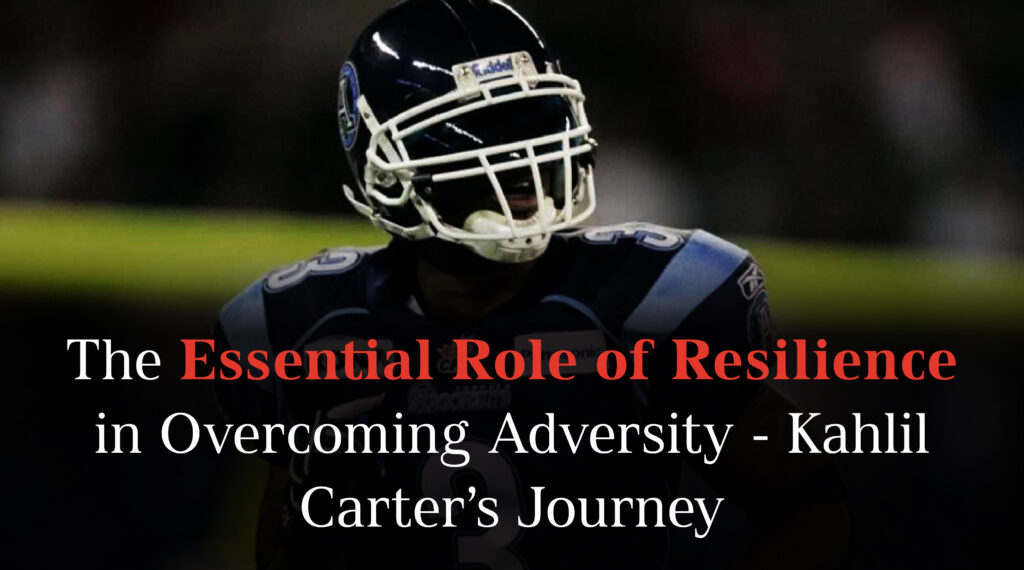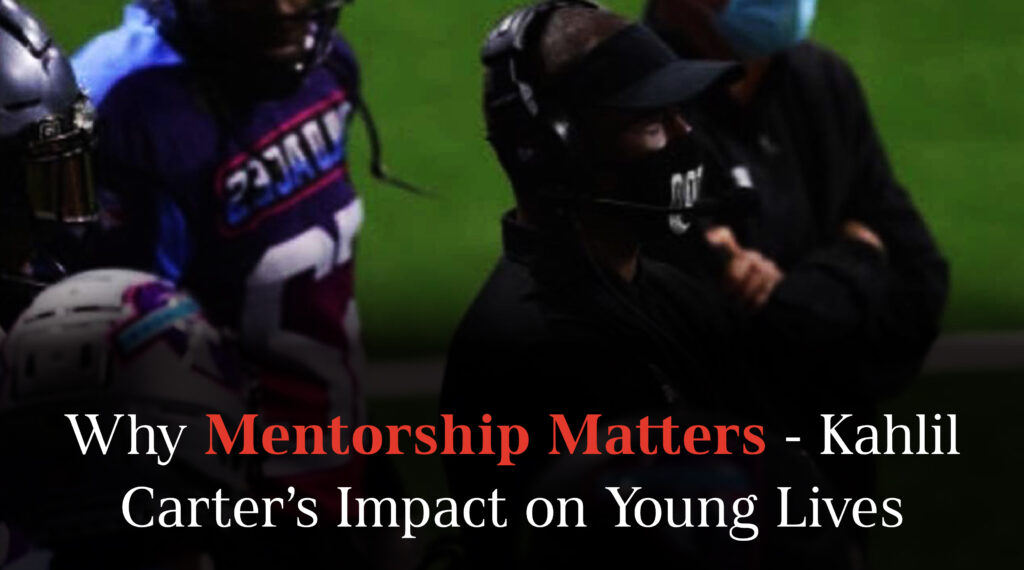Introduction
Life doesn’t prepare you for the moments that test your core. As a professional football player, I thought I knew what resilience meant—grueling practices, high-stakes games, and the pressure to perform. But my toughest season, a crucible of physical, emotional, and spiritual challenges, redefined resilience for me. In The In Crowd: Life, Legacy, Leadership, I share the raw, unfiltered story of my journey, and this blog reflects on that defining period. It wasn’t just about surviving; it was about discovering strength I didn’t know I had. My toughest season taught me resilience—not just to endure but to grow, lead, and inspire others.
This post dives into the heart of that season, exploring the challenges that pushed me to my limits, the faith and family that anchored me, and the lessons that shaped my approach to coaching and life. Through it all, I learned that resilience is not a gift; it’s a muscle built through adversity. As I wrote in The In Crowd, “The game doesn’t build character; it reveals it.” Let’s unpack how my toughest season revealed mine.
The Storm Hits
My toughest season began with promise. I was in my prime as a defensive back in the Canadian Football League (CFL), playing for the Montreal Alouettes, a team with a winning culture. But early in the 2010 season, cracks appeared. A nagging ankle injury flared up, sidelining me for key practices. Then came a string of losses that shook our team’s confidence. Off the field, personal struggles loomed—family pressures and the weight of being far from my Little Rock roots tested my focus.
The lowest point came mid-season during a game against the Toronto Argonauts. I missed a crucial tackle, and the crowd’s boos echoed in my ears. My injury slowed me down, and self-doubt crept in. Was I still the player I thought I was? As I limped off the field, I felt the weight of failure—not just for me, but for my teammates who trusted me. In The In Crowd, I reflected, “Failure doesn’t break you unless you let it define you.” That moment could have broken me, but it became the spark for rebuilding.
Resilience, I learned, starts with facing reality. I couldn’t ignore the injury or the team’s struggles. I had to own my mistakes and commit to showing up, even when it hurt. That meant extra rehab sessions, studying film despite exhaustion, and encouraging teammates when my own morale was low. The storm was raging, but I was determined to weather it.
Anchors in the Chaos
No one survives their toughest season alone. For me, faith and family were my anchors. Growing up in Arkansas, I was raised on the belief that God never gives you more than you can handle. During that 2010 season, I leaned into prayer like never before. Each morning, I’d sit with my Bible, finding solace in verses like Psalm 46:1: “God is our refuge and strength, an ever-present help in trouble.” Faith reminded me that my identity wasn’t tied to a single game or season—it was rooted in something deeper.
My family, especially my mother, kept me grounded. She’d call from Little Rock, her voice steady and warm, reminding me of the boy who walked onto the Arkansas Razorbacks with nothing but grit. “You’ve been through worse, Kahlil,” she’d say. “Keep your eyes on what matters.” Her words echoed in my mind during late-night rehab sessions or when I doubted my place on the team. In The In Crowd, I wrote, “Family doesn’t just support you; they remind you who you are when you forget.”
Teammates, too, became a second family. Our defensive captain, a veteran named Chip, pulled me aside after a tough loss. “You’re not defined by one play,” he said. “Show up tomorrow and prove it.” His belief in me reignited my drive. Resilience isn’t solitary—it’s built through the people who lift you up when you’re down. Faith, family, and team gave me the strength to keep going.
Turning Pain into Purpose
The turning point came late in the season. My ankle was healing, but the real shift was mental. I realized that my toughest season wasn’t just about surviving—it was about transforming pain into purpose. I started focusing on what I could control: my effort, my attitude, and my leadership. Instead of dwelling on missed tackles, I poured energy into mentoring younger players. I shared tips on reading offenses, drawing from years of experience. Seeing their progress gave me a new sense of purpose.
One game against the Calgary Stampeders stands out. I was back in the lineup, still not 100%, but determined. Late in the fourth quarter, I intercepted a pass, sealing a rare win. The crowd roared, but the real victory was internal—I’d fought through doubt and injury to contribute. That moment wasn’t about glory; it was about proving to myself that I could rise. As I noted in The In Crowd, “Resilience is choosing to act when every voice in your head says stop.”
This season taught me that resilience is active, not passive. It’s showing up for rehab at 6 a.m., praying through uncertainty, and leading even when you feel broken. These lessons carried me into my coaching career, where I now teach young athletes that setbacks are setups for growth. My toughest season didn’t just test me—it shaped me into a leader who could guide others through their storms.
Lessons for Life and Leadership
My toughest season taught me resilience in ways that echo far beyond football. First, I learned that adversity is a teacher, not an enemy. Every missed tackle, every sleepless night, revealed weaknesses I could strengthen. Second, resilience requires community. Without faith, family, and teammates, I might have crumbled. Third, true strength lies in persistence—showing up, day after day, even when the odds feel stacked against you.
These lessons now define my approach to coaching and life. As a coach, I tell my players, “Your toughest moments are where you find your greatness.” I share stories from that 2010 season to show them that setbacks don’t define you—your response does. Whether it’s a lost game or a personal struggle, resilience is the bridge from failure to growth.
For readers of The In Crowd, my story is a reminder that everyone faces tough seasons. Yours might not involve a football field, but the principles are universal: lean on your anchors, focus on what you can control, and turn pain into purpose. As I wrote, “The crowd cheers for wins, but God celebrates your fight.” My toughest season taught me resilience, and I hope my journey inspires you to find yours.
Conclusion
My toughest season in 2010 was more than a chapter in my football career—it was a crucible that forged my character. Through injury, doubt, and team struggles, I discovered that resilience is not about avoiding hardship but embracing it with faith, support, and purpose. The In Crowd: Life, Legacy, Leadership captures this journey, not to glorify the wins, but to honor the fight. Whether you’re an athlete, a coach, or someone navigating your own tough season, know this: your struggles are shaping you for something greater. Keep showing up, keep believing, and let resilience carry you through.


